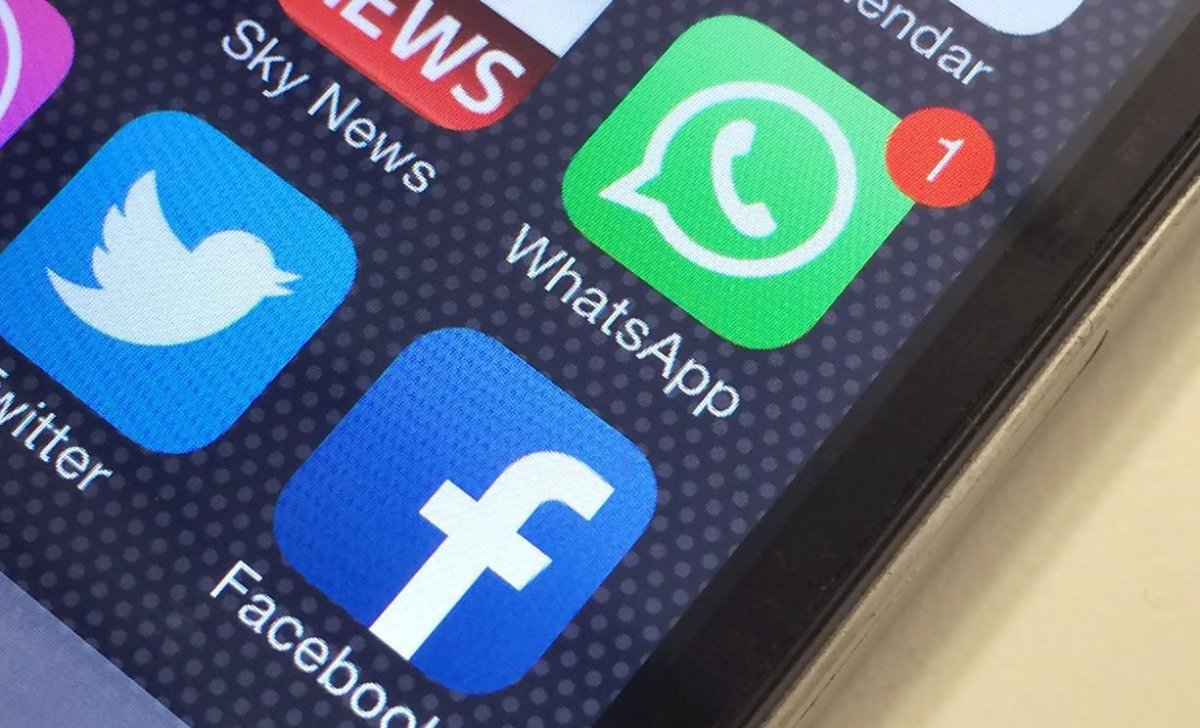We’ve all done it: lie in bed at night, squinting at our smartphones in the dark with one eye open. But in a quirky case study, doctors are warning this habit could tamper with your vision and, in some cases, trigger temporarily “blindness.”

It happened to two British women, the new study reports. In one case, a 22-year-old woman couldn’t explain why her right eye would fail her a few nights each week. She could see perfectly out of her left eye, but could barely make out shapes in the room through her right.
In another case, a woman, in her 40s, lost her vision for about 20 minutes at a time.
Doctors put the women’s health under a microscope to figure out what was going on. They had medical exams, MRIs and heart tests. They prescribed one of the women with blood thinners.
READ MORE: How digital gadgets ruin your hand health
The doctors thought she could have been having a stroke because vision loss is one of the common symptoms.
Turns out, they were grappling with what the researchers have called “transient smartphone ‘blindness.’”
“I simply asked them, ‘What exactly are you doing when this happened?’” Dr. Gordon Plant, of Moorfield’s Eye Hospital in London, told CBS News.
- Health task force blasted over ‘dangerous guidance’ for cancer screenings
- Dentists hesitant to sign up for federal dental plan; seniors advised to look at all options
- David Chang’s Momofuku to stop ‘chile crunch’ trademark battle after outcry
- Over 25% of young Canadian deaths linked to opioids amid pandemic: study
The younger patient would look at her smartphone before going to bed. Her left eye was typically covered by her pillow.
The other patient checked her phone in the mornings before sitting up. She got her smartphone about a year ago, which was the same time she had injured her cornea.
READ MORE: 4 ways your digital gadgets are ruining your body
Dr. Omar Mahroo, an ophthalmologist at the hospital and co-author of the letter, told NPR there wasn’t permanent damage to their eyes. One retina was adjusting to light but the other was adapting to dark.
“The retina is pretty amazing because it can adapt to lots of different light levels, probably better than any camera. It can reduce its sensitivity, so that when you’re on the beach or in the bright snow you can still see relatively well,” he told the broadcaster.
The doctors reassured the women that the temporary vision loss was harmless. And if it’s an issue you’re grappling with, stick to looking at your smartphone with both eyes, and preferably, in light, the doctors say.
The full findings were published in the New England Journal of Medicine.
carmen.chai@globalnews.ca
Follow @Carmen_Chai
//


Comments